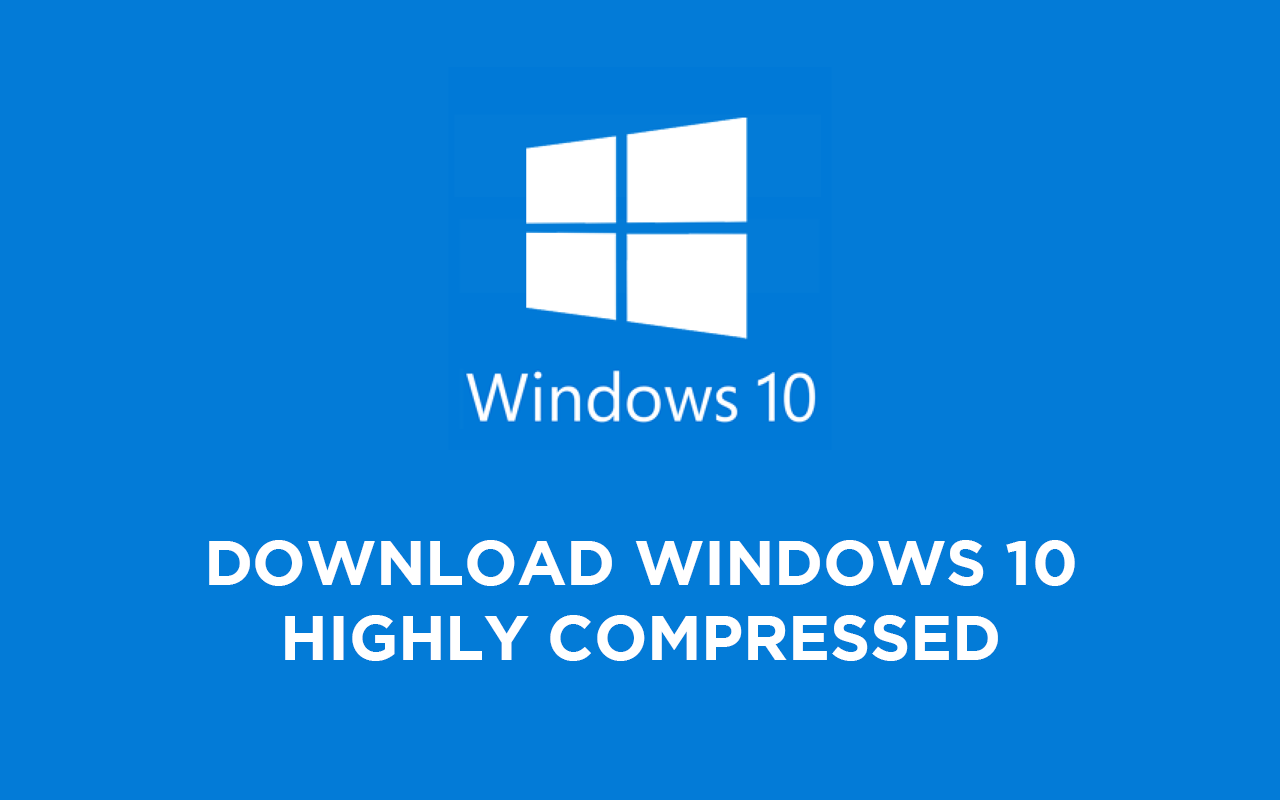Indians have a huge appetite when it comes to sports betting and online gambling. Even though this space is largely unregulated, untaxed, and deemed illegal, the lack of concrete laws around the subject has enabled Indian bettors to fulfil their betting needs with offshore operators. This translates into billions of dollars flowing in and out of the country, outside the purview of Indian taxation norms. To put things into perspective, the Indian betting market is valued upwards of $130 billion as of 2018 – and a vast majority of it is untaxed. GST in Sports-
In such a case, bringing sports betting under the ambit of Indian tax laws makes sense for the policymakers – as it helps them contribute to India’s trillion-dollar-economy plan – and holds these operators accountable in their practices. Of course, the way here would be to implement the Goods and Service Tax, or GST – but it requires a lot of prerequisites.
Table of Contents
GST in sports, on Horse Race Betting in India – A Precedent that can be Improved
At the moment, the authorities have imposed a flat 28 percent GST tax on services provided by the turf clubs/horse race betting service providers in India. This tax is imposed on the entire face value of the bets made by the club rather than the commission/service fee they earn.
For instance, if the turf club in Bangalore handled bets upwards of Rs.100 crore in a fiscal year, the GST tax would theoretically be levied on this entire amount. This model may seem counterproductive since the turf club is not earning that whole amount – it is just handling it, and a huge part of it is going as winning proceeds to the bettors. Their ultimate income is the commission fees, and proponents of the system argue that the policymakers should tax only the costs, not the entire turnover.
As pointed out in ENV Media’s paper exploring the sports betting ecosystem in India, levying the 28 percent GST fees on the entire turnover amount has threatened the viability of the horse betting scene in the country. The betting service providers had to increase their prices due to lowered turnovers, which has prompted the rise of black markets and thus defeating the purpose of tax collection.
Taking Cues from International Models
First world nations like the United States, Germany, Denmark, Sweden, and the United Kingdom have levied tax rates on online games, much akin to the GST.
The only difference is the taxes are levied on the rake fee earned by the betting service providers rather than the stake/wager they handle. This makes a lot more sense since the wagers/stakes stay with the service provider only till the end of the event when they are given to the winner of the game. Their only earning here is the rake fees/commission fees they get for offering the service.
Countries like South Africa, Singapore, and Australia have taken an approach that entails taxing the entire stake value handled by the betting service provider. However, a tax credit/deduction is offered on payouts made by the provider, thus reducing the effective tax liability only to the net amount. This is the deemed credit model and allows for little manipulation/misdeclaration of rake fees.
Whatever approach is taken by the policymakers, three things will have to be considered:
- The GST tax rate does not exceed 18-20 percent to ensure active participation in the system
- The GST tax is levied on the rake fees only. If the tax is to be levied on the entire stake amount, then tax deduction on payouts should be offered or the tax rate should be nominal – 2-5 percent
- To implement all of this, the government needs to establish a gambling authority in the country that can oversee these activities, along with regulating the entire gambling space in India
For instance, people enjoying Sports Betting at Pure Win may not have any tax liability as such on their winnings. They are obligated to report their winnings while declaring their taxes, but it becomes notoriously difficult to track taxation without concrete laws and supporting infrastructure. Similarly, the betting service provider is operating offshore and does not fall under the ambit of Indian jurisdiction. Consequently, they cannot be subjected to GST norms yet.
The Way Forward for GST in Sports betting
Before we talk about implementing Goods & Service Tax on betting providers in India, we must first bring them under the scope of our laws. This entails setting up a gambling authority to oversee and regulate gambling activities in India. The authority body will also be responsible for granting operating licenses to offshore providers in the country and monitoring the revenues, and levying the taxes in conjunction with the tax authorities. This way, we make the system more accountable and open with fair practices and a uniform code of conduct. After all, the Indian betting space is increasing by the day, and the sooner we regulate it, the sooner all parties can benefit from it.











![How to Unlock Bootloader without PC On Android [2022]](https://cracktech.net/wp-content/uploads/2019/02/unlock-boot.png)